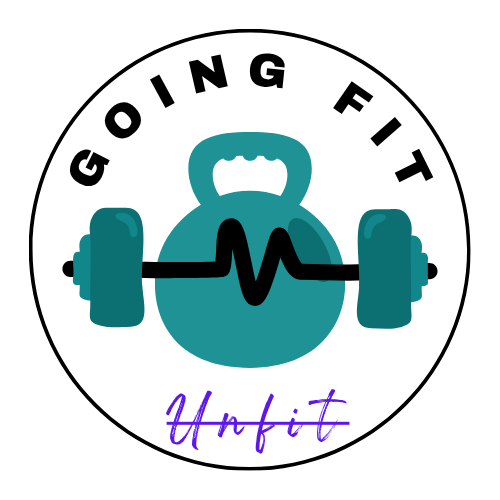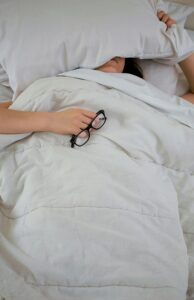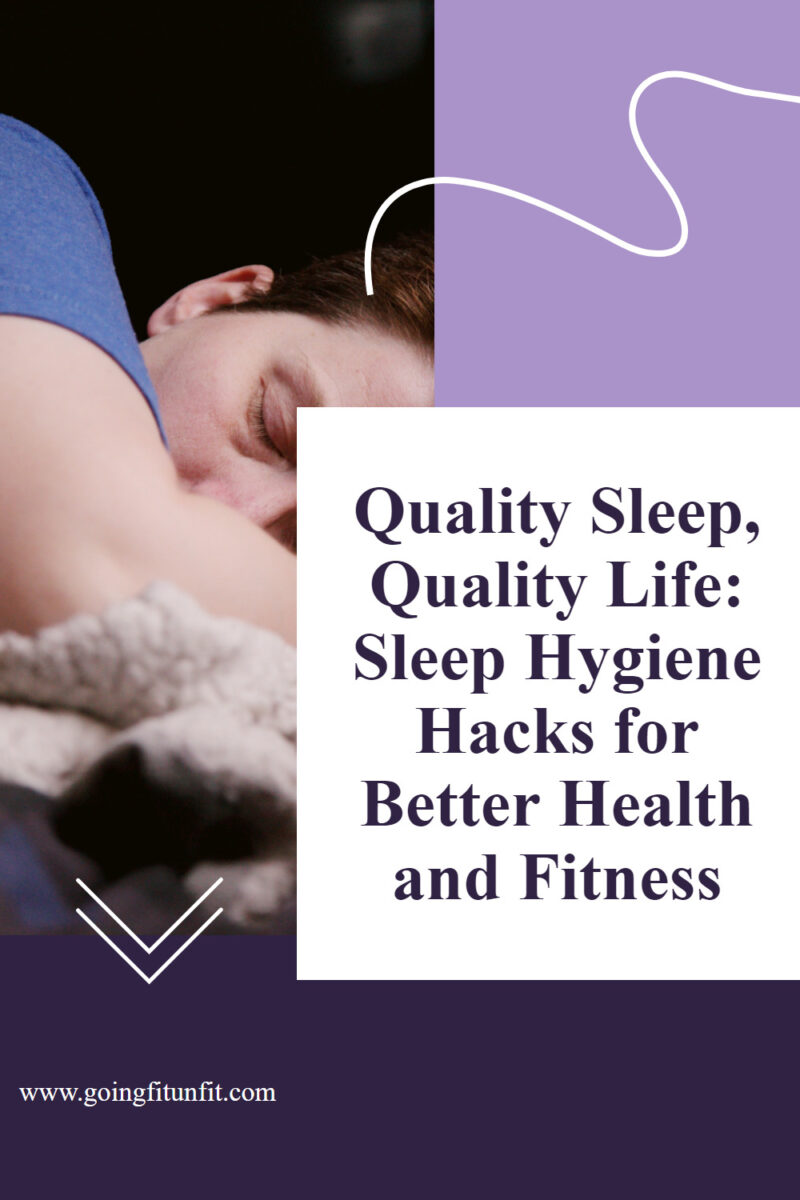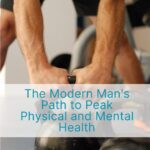Did you know that sleep has an impact on your health and well-being? Yes, your sleep has an impact on your physical health, mental clarity, and emotional balance. Poor sleep can contribute to a range of health issues, including weight gain, weakened immune function, and impaired cognitive performance.
Fortunately, you can add effective sleep hygiene hacks into your routine that can significantly enhance the quality of your sleep, which will in turn contribute to improved health and fitness.
Establish a Consistent Sleep Schedule
Keeping a consistent sleep schedule is one of the most important aspects of good sleep hygiene. It’s a simple yet effective way to ensure that you wake up feeling refreshed and energized every morning. To ensure a good night’s sleep, it’s crucial to maintain a consistent sleep schedule by sleeping and getting up at the same time every day, without exception.
This helps regulate your body’s internal clock, promoting a more restful sleep. Consistency reinforces your circadian rhythm, enhancing the overall quality of your sleep.
You can establish a consistent bedtime routine that indicates to your body that it’s time to relax and prepare for sleep.. This could include listening to a story, yoga, or engaging in relaxation techniques like deep breathing or meditation. Avoiding stimulating activities at least an hour before bedtime will come in handy in helping you have a restful night.
Optimize Your Sleep Environment
Your bedroom environment plays a crucial role in the quality of your sleep. This is why making your bedroom a sleep-friendly haven is non-negotiable. It is important to ensure that your bedroom is cool, dark, and quiet.
Get a comfy mattress, supportive pillows, blackout curtains, earplugs, or a white noise machine for better sleep.
Practice Mindful Eating
Large or heavy meals close to bedtime can cause you to experience discomfort and indigestion, making it difficult to sleep. It is essential that you are mindful of your eating habits, especially close to bedtime.
You should opt for lighter, balanced meals and try to finish eating at least two to three hours before bedtime. If you’re hungry, consider a light, sleep-promoting snack, such as a small serving of nuts or a banana.
Going for foods that promote sleep, such as those rich in tryptophan, like turkey and dairy, will help in enhancing your sleep. It’s crucial to steer clear of stimulants like nicotine and caffeine, which can disrupt your capacity to fall asleep.
Try to avoid consuming these substances, especially in the hours leading up to bedtime. Also, alcohol may initially induce sleep, but it can disrupt the sleep cycle, leading to fragmented and less restorative sleep.
Seek Professional Help
Professionals, such as sleep specialists, psychologists, or medical doctors, can help identify any underlying issues that may be contributing to sleep disturbances. Sleep disorders like sleep apnea, insomnia, or other sleep disorders require specific interventions that go beyond general sleep hygiene practices.
The right medical provider will create a comprehensive treatment plan that might include using a sleep apnea device to improve sleep quality and mitigate the effects of interrupted breathing.
However, it is vital to find the right sleep apnea device, given that some have been recalled for posing health risks. According to Parker Waichman, some manufacturers of sleep apnea machines, also known as Continuous Positive Airway Pressure (CPAP) machines and ventilators, have been recalled due to serious health risks.
A good example is Philips, a Dutch medical equipment company that initiated a recall of over 3,400,000 sleep apnea machines after it was found that some of the ventilators and breathing devices had foam that may degrade to produce a toxic gas that potentially caused cancer.
Exercise Regularly, But Not Too Late!
Engaging in regular physical activity has numerous benefits for sleep. Exercise several hours before bedtime to avoid stimulation. Regular physical activity contributes to improved sleep quality and overall well-being.
Exercising regularly will also help you to manage your stress levels. High-stress levels can be a significant barrier to quality sleep. You can also practice stress-reducing techniques such as mindfulness, meditation, or yoga to help calm your mind and relax your body before bedtime.
Limit Naps and Screen Time and Time Them Right
While short naps can be refreshing, extended or late-afternoon naps may interfere with nighttime sleep. If you need a nap, keep it short for about 20-30 minutes and schedule it earlier in the day to minimize its impact on your nighttime sleep.
Moreover, while at it, it is also necessary that you also limit exposure to screens before bed. The blue light emitted by screens on electronic devices can interfere with your body’s production of melatonin, a hormone that regulates sleep. Avoid using smartphones, tablets, and computers before bedtime to improve sleep hygiene. If you must use these devices, consider using a blue light filter or blue light glasses.
Final Thoughts
Prioritizing good sleep hygiene is fundamental to achieving better health and fitness. Adopting these sleep hygiene hacks will help you enhance the quality of your sleep, boost your energy levels, and support your overall well-being. Remember, quality sleep is a powerful tool in your arsenal for a healthier and more vibrant life.












I sleep so poorly, so thanks for this post.
I like to be in bed shortly after the sun sets.
That sounds like a peaceful routine. There’s something nice about winding down with the natural rhythm of the day. Do you find that it helps you wake up feeling more refreshed?